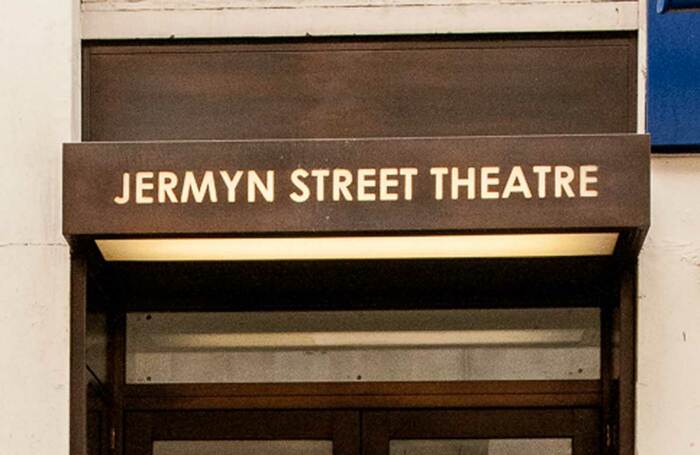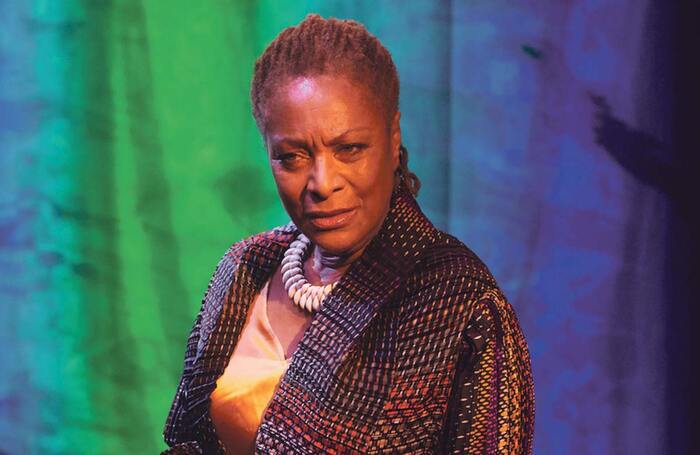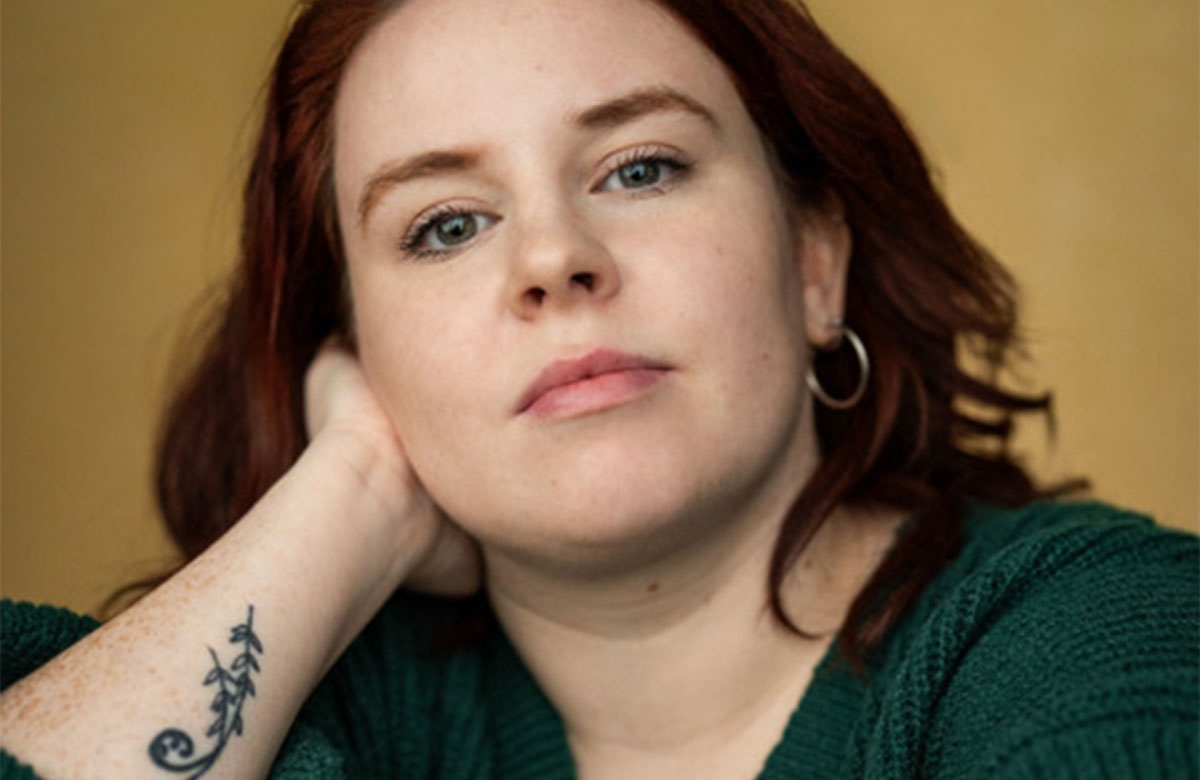The Stage Awards winners 2021: Jermyn Street Theatre, fringe theatre of the year
"We’re honoured to win this award in a year when so many small theatres have done wonderful things against the odds. This is dedicated to the more-than-300 freelancers we worked with in 2020. You’re brave and brilliant and creative, and we’re so proud to call you our family and to call ourselves your home."
As if being hit with a global pandemic were not enough, a few weeks after lockdown, Jermyn Street Theatre’s founder and executive director Penny Horner discovered a flood 5ft-deep in the theatre’s basement. The workshop, archives and dressing rooms were destroyed.
For a 70-seat theatre in central London with no core funding and no shows able to run, this could have proved catastrophic. But not only has Jermyn Street survived these twin disasters, it has emerged as a stronger, more diverse, more outward-looking and more exciting organisation than before.
Since artistic director Tom Littler took over in 2017, the theatre has maintained its approach of presenting classic work on a small scale, as well as keeping hold of its loyal audience, while also forging forward with ambitious commitments to diversity, to in-house producing and to providing development opportunities for early-career practitioners of all kinds.
Continues...
It has continued these developments during the past year, while pushing them even further despite the emergencies it faced.
While Horner oversaw the rebuilding of the damaged building, which included a crowdfunding campaign that raised £100,000 in mostly small donations, Littler and his team got to work on a programme of online and remote events and productions to keep audiences engaged and freelance practitioners in work.
A few days after lockdown, the theatre began a cycle of 154 daily Shakespeare sonnets performed by dozens of this year’s drama school graduates, offering them a showcase opportunity alongside household names such as Olivia Colman and David Suchet.
Continues...
Seventy-two actors were assembled to perform Homer’s The Odyssey in a free online stream, which reached 12,000 people. And in November, 15 leading female and non-binary playwrights – including Sabrina Mahfouz, April De Angelis, Timberlake Wertenbaker and Chinonyerem Odimba – adapted Ovid’s Heroides, writing 15 new plays about the heroines of classical mythology, under the direction of Adjoa Andoh, Littler and Cat Robey.
But Jermyn Street’s work extended far beyond plays and performance: there were online cabarets, quizzes and cups of tea for isolated audience members. A podcast series shone a light on behind-the-scenes roles in theatre and the people who performed them, from stage managers to script editors. A monthly play-reading club allowed audience members to explore new plays, and freelance staff were engaged to make weekly phone calls to shielding audience members, to make sure they did not feel too isolated at home during lockdown.
Continues...
For theatre practitioners, there were free careers workshops about backstage and creative roles, as well as free pastoral workshops for freelancers. The Opening Doors scheme gave financial support and mentoring to three groups of early-career artists to workshop their new plays in the empty theatre.
The huge response to Opening Doors prompted Jermyn Street to set up a new Creative Associates scheme to offer 16 writers, directors, performers and designers free office and rehearsal space, producing help, assisting jobs, support and mentoring.
Over the course of a devastating year, the team at Jermyn Street Theatre was faced with more adversity than most. It saw the flood and the closure during the pandemic not as limitations but as opportunities, and consistently punched above its weight, going above and beyond both in its offerings to audiences and freelancers, ensuring short-term success as well as resilience in the years to come.
Tom Littler’s speech accepting the fringe theatre of the year award at The Stage Awards 2021
The Stage Awards winners 2021: Regional theatre of the year
The Stage Awards winners 2021: London theatre of the year
The Stage Awards winners 2021: Producer of the year
The Stage Awards winners 2021: Fringe theatre of the year
The Stage Awards winners 2021: International award
The Stage Awards winners 2021: Innovation award
The Stage Awards winners 2021: Achievement in technical theatre
Opinion
Recommended for you
Opinion
Recommended for you
Most Read
Across The Stage this weekYour subscription helps ensure our journalism can continue
Invest in The Stage today with a subscription starting at just £7.99
















